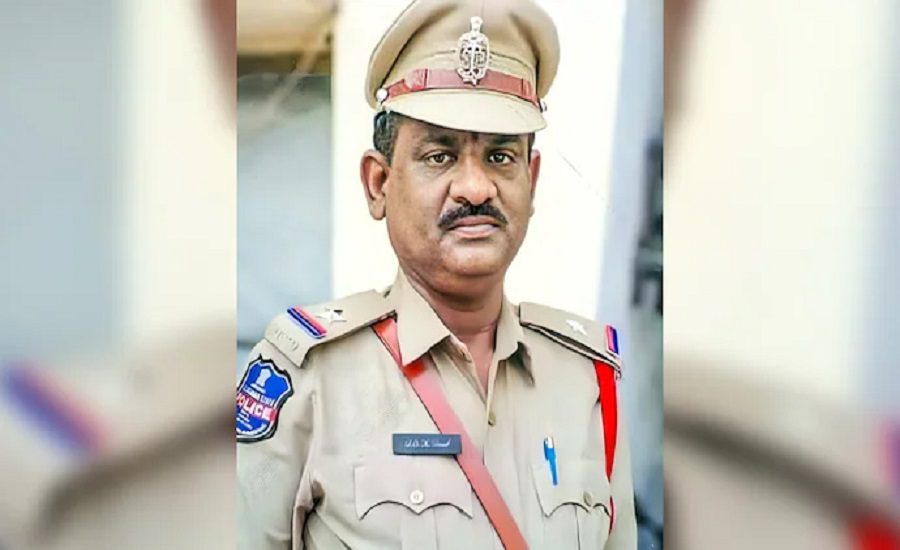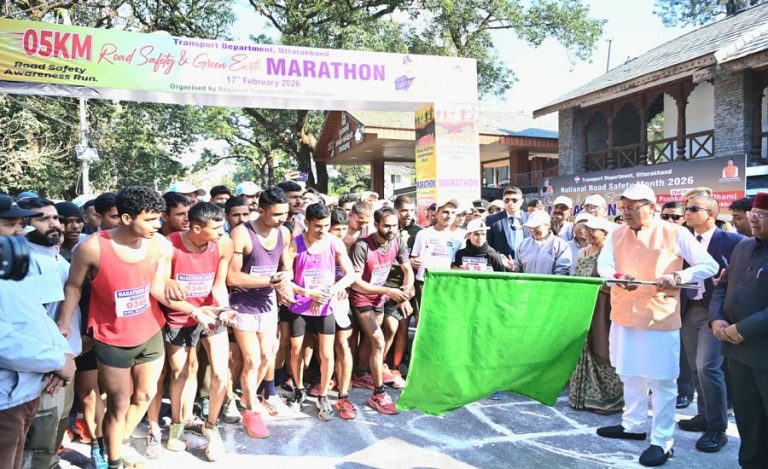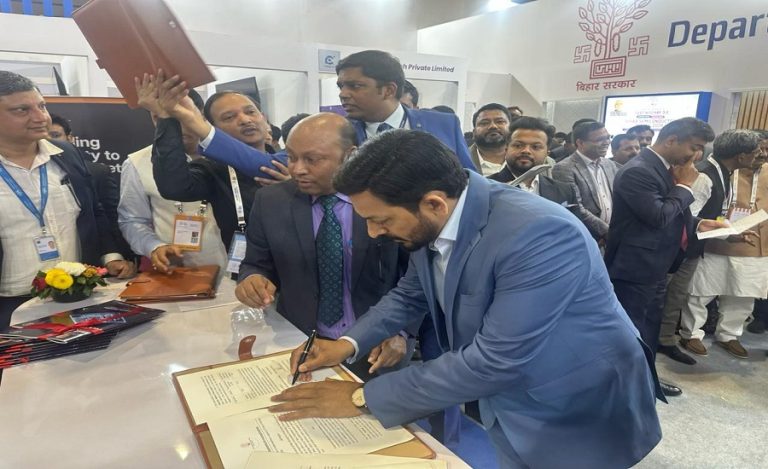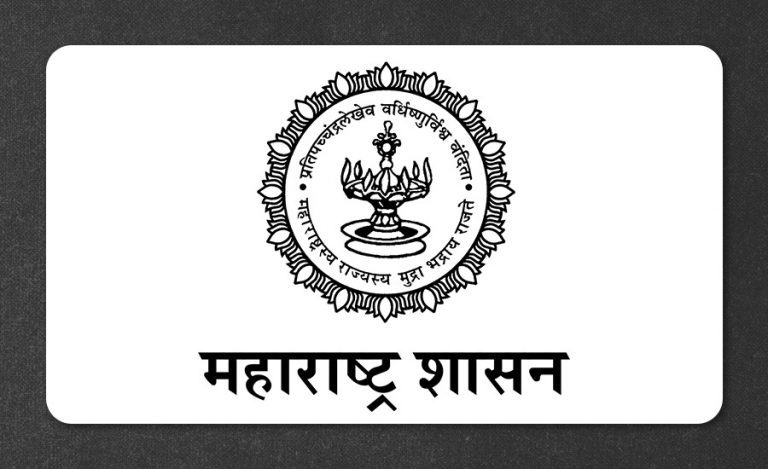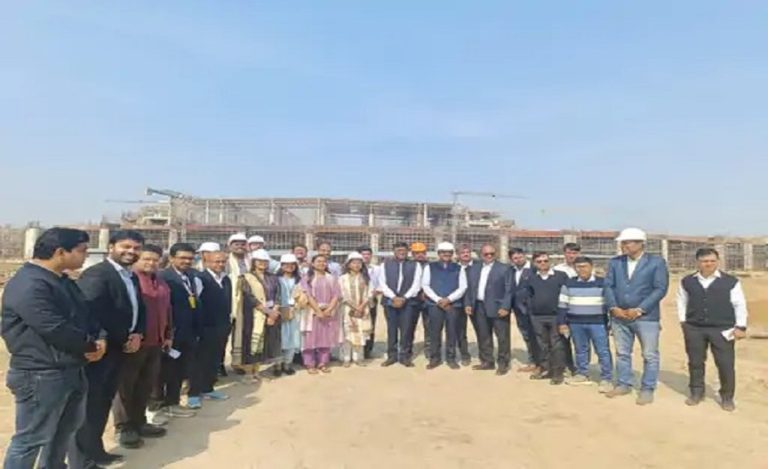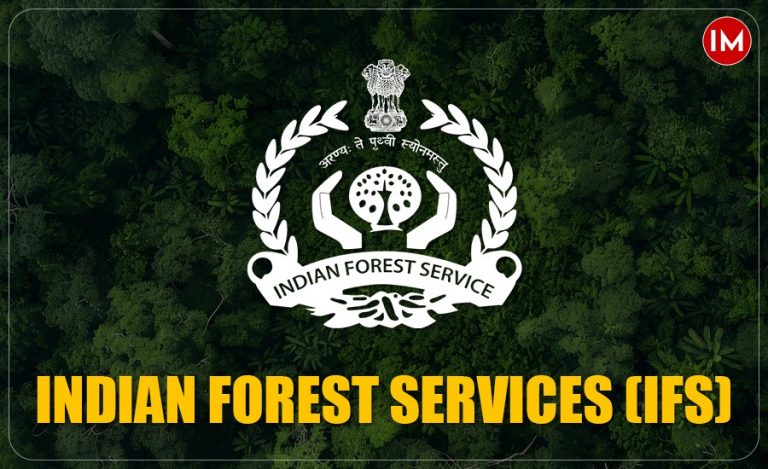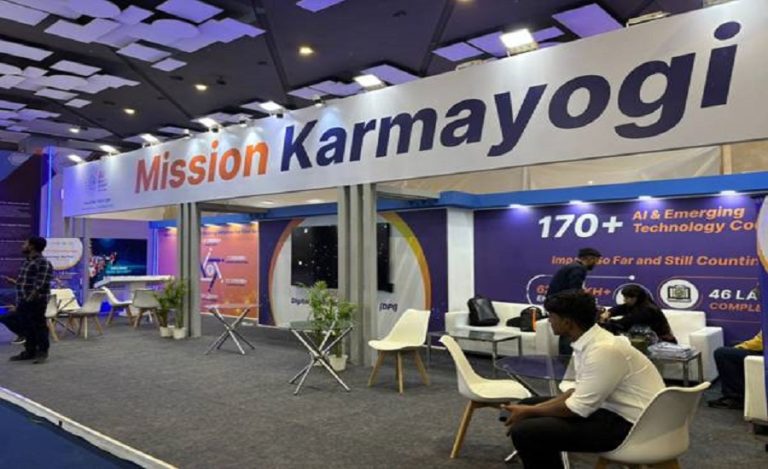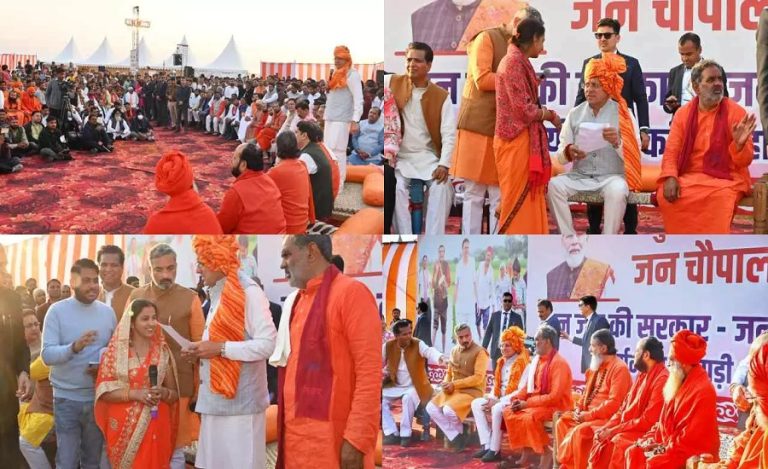New Delhi/Suryapet: In a disturbing pattern that has sent shockwaves across the country, another police officer has died by suicide, this time in Telangana — just days after the tragic death of senior Haryana IPS officer Y Puran Kumar. The consecutive incidents have intensified calls for urgent reforms addressing mental health support and workplace harassment within India’s policing system.
The Telangana Tragedy: ASI Satyanarayana Dies by Suicide
On October 11, 54-year-old Assistant Sub-Inspector Satyanarayana, posted in the Special Branch of Suryapet district (Telangana), was found hanging at his residence. Preliminary investigations indicate that Satyanarayana had been battling persistent health issues related to a previous accident, which may have contributed to his mental distress.
The Suryapet Rural Police Station has registered a case and launched an inquiry. While health concerns have been cited, colleagues and family members are now speaking out about the psychological pressures faced by police officers, often overlooked until it’s too late.
Haryana IPS Officer Y Puran Kumar’s Death Still Reverberates
Just days before ASI Satyanarayana’s death, Y Puran Kumar, a 2001-batch IPS officer and Additional Director General of Police (ADGP) in Haryana, died by suicide at his home in Chandigarh on October 7. His explosive suicide note named eight senior officials, including Haryana DGP Shatrujeet Kapur and Rohtak SP Narendra Bijarniya, alleging mental harassment and caste-based discrimination.
The fallout was swift but incomplete. The Haryana government placed DGP Kapur on leave and transferred SP Bijarniya amid intense public pressure, but activists and politicians argue that structural accountability and caste bias within police forces remain unresolved.
Nationwide Reactions: Political and Institutional Outcry
The two incidents have reignited a nationwide debate on mental health, institutional harassment, and caste discrimination within law enforcement agencies.
In Telangana, Deputy Chief Minister Mallu Bhatti Vikramarka extended condolences to Y Puran Kumar’s family and highlighted the urgent need to address systemic injustices in the police force. In Haryana, Congress Leader Rahul Gandhi called the IPS officer’s death a “collective failure of the system”, warning that the tragedy “is not about one family, but about all Dalits in India.”
Systemic Crisis in Policing: A Mental Health Emergency
Both cases shine a light on the chronic stress, lack of support systems, and toxic hierarchies in India’s police forces. Officers work under extreme conditions — long hours, violence, political pressure, and public scrutiny — yet access to mental health services remains almost non-existent.
Experts have long called for:
- Regular psychological counselling
- Confidential grievance redressal mechanisms
- Anti-harassment cells
- Sensitisation around caste and inclusion
- Anonymous helplines
- Clear action against institutional discrimination
The culture of silence and fear of stigma often prevents officers from seeking help until it’s too late.
The Logical Indian’s View
These tragedies must serve as a national wake-up call. India cannot continue to ignore the mental health epidemic and institutionalised discrimination festering within its law enforcement bodies.
India’s police officers — regardless of rank — deserve a workplace free from harassment, caste bias, and mental burnout. Institutional courage, not just administrative lip service, is needed. Reform is no longer optional — it is urgent.
Read also: Justice for Y Puran Kumar: A Tragic Tale of Bureaucratic Betrayal, Power, and Press

